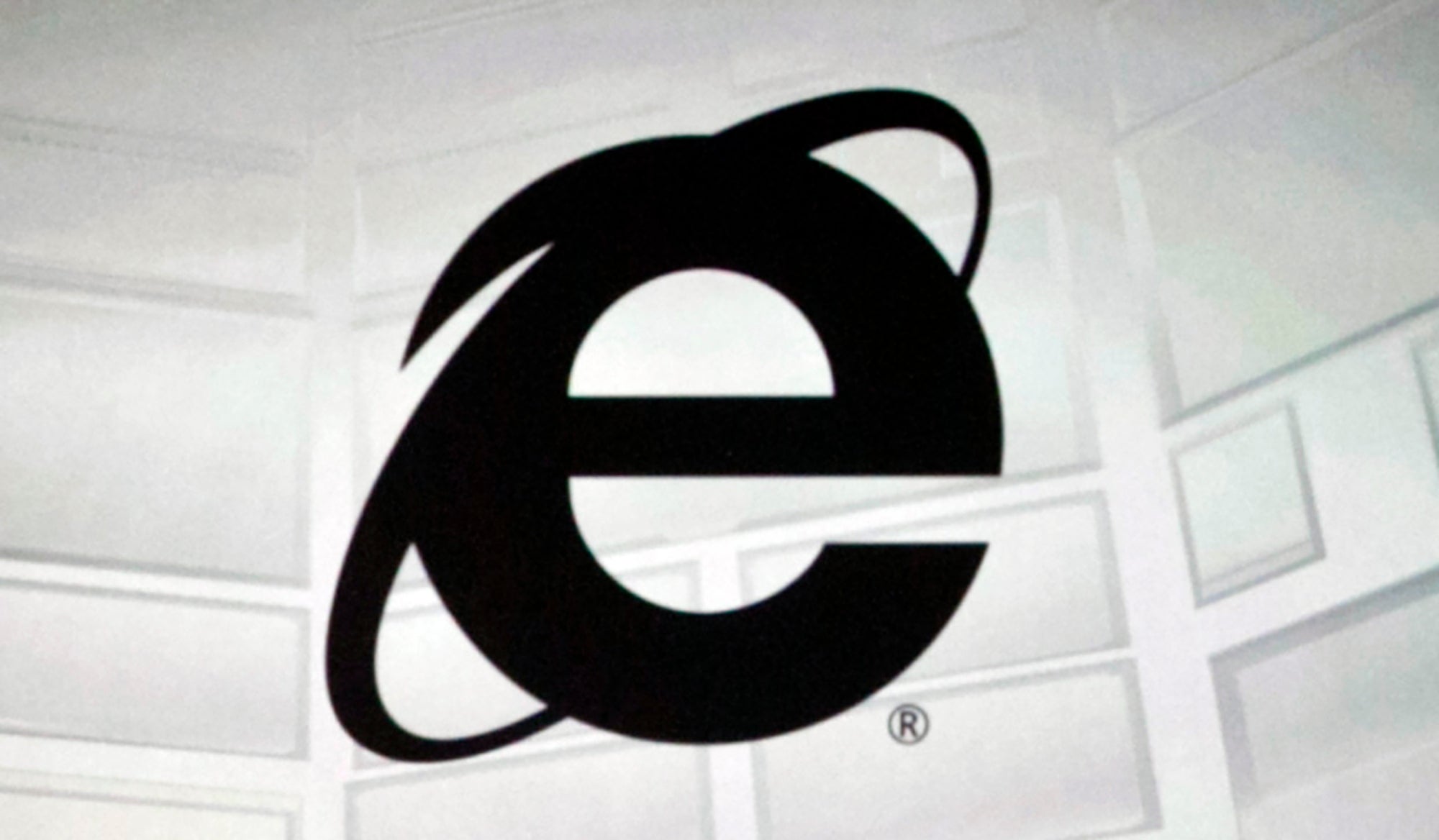Internet Explorer is finally dead as Microsoft tells users to move on
Microsoft has officially sent Internet Explorer into retirement

Internet Explorer, the online browser widely used and equally widely mocked, is finally dead. Microsoft is officially telling users to move on from the 27-year-old application and switch to its newer Edge browser instead.
The software giant is cutting off support for the product from Wednesday 15 June. Internet Explorer (IE) has a clear but contested part in internet history. It was once so dominant that it attracted the attention of US regulators, but became hated by many users and was eventually replaced by Edge.
“Not only is Microsoft Edge a faster, more secure and more modern browsing experience than Internet Explorer, but it is also able to address a key concern: compatibility for older, legacy websites and applications,” Sean Lyndersay, general manager of Microsoft Edge Enterprise, wrote in a May 2021 blog post heralding the final closure date.
Users marked Explorer’s passing on Twitter, with some referring to it as a “bug-ridden, insecure POS” or the “top browser for installing other browsers”. For others, it was a moment for 1990s nostalgia memes, while the Wall Street Journal quoted a 22-year-old who was sad to see IE go.
Microsoft released the first version of IE in 1995, the era of web surfing dominated by the first widely popular browser, Netscape Navigator. Its launch signaled the beginning of the end of Navigator: Microsoft went on to tie IE and its ubiquitous Windows operating system together so tightly that PC users worldwide used it by default.
The Justice Department sued Microsoft in 1997, saying it violated an earlier consent decree by requiring computer makers to use its browser as a condition of using Windows. It eventually agreed to settle the antitrust battle in 2002 over the use of its Windows monopoly to squash competitors. It also tangled with European regulators who said that tying Internet Explorer to Windows gave it an unfair advantage over rivals such as Mozilla’s Firefox, Opera and Google’s Chrome.
Users, meanwhile, complained that IE was slow, prone to crashing and vulnerable to hacks. IE's market share, which in the early 2000s was more than 90 per cent, began to fade as users found more appealing alternatives.
Today, the Chrome browser dominates with roughly a 65 per cent share of the worldwide browser market, followed by Apple’s Safari with 19 per cent, according to internet analytics company Statcounter. IE's heir, Edge, lags with about 4 per cent, just ahead of Firefox.
Bookmark popover
Removed from bookmarks